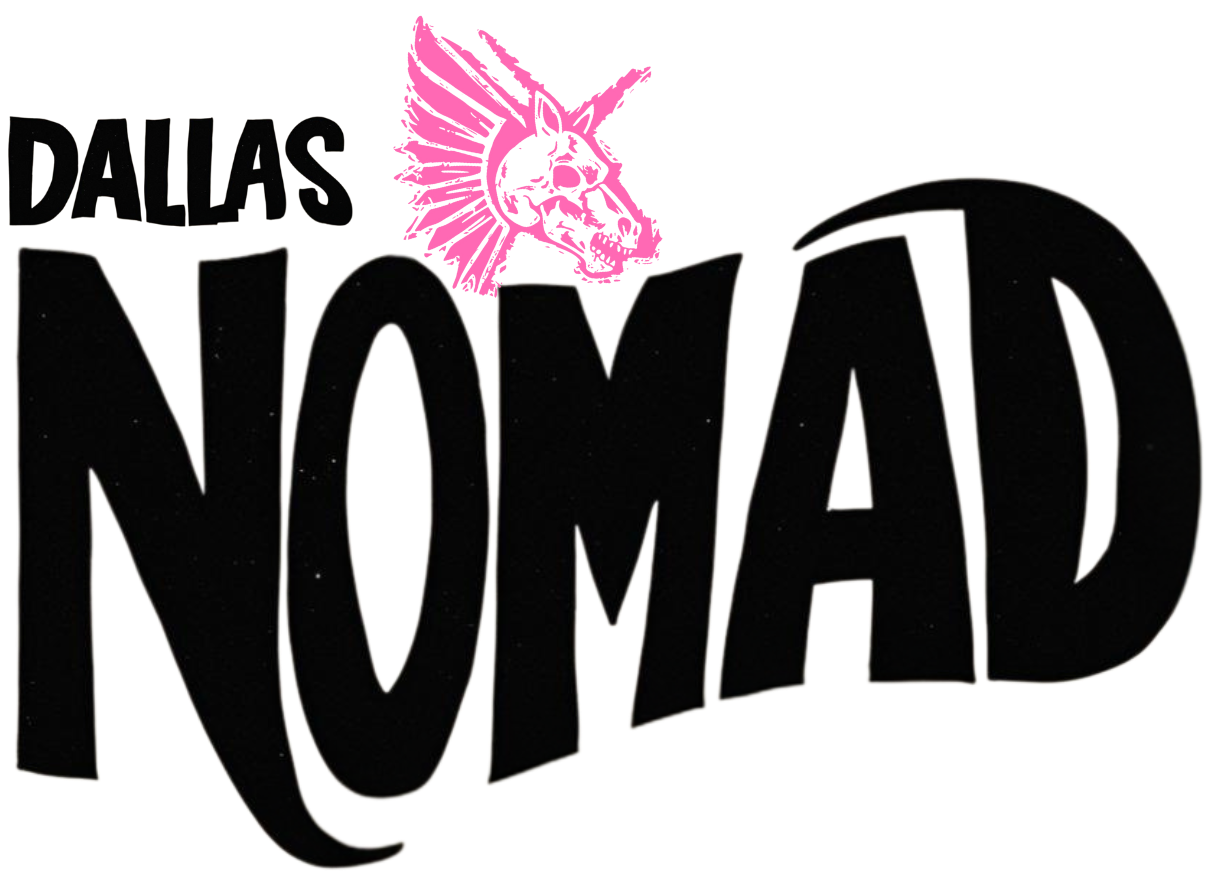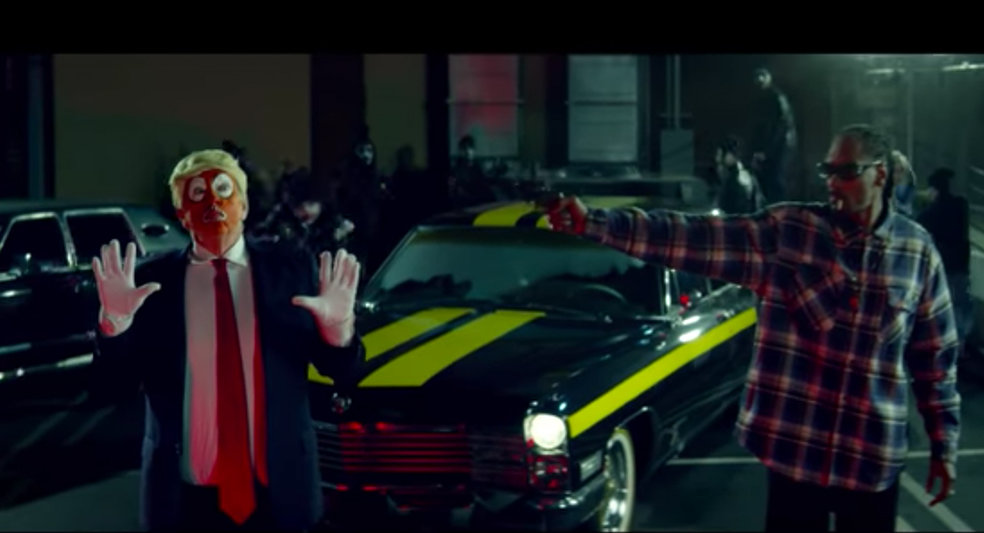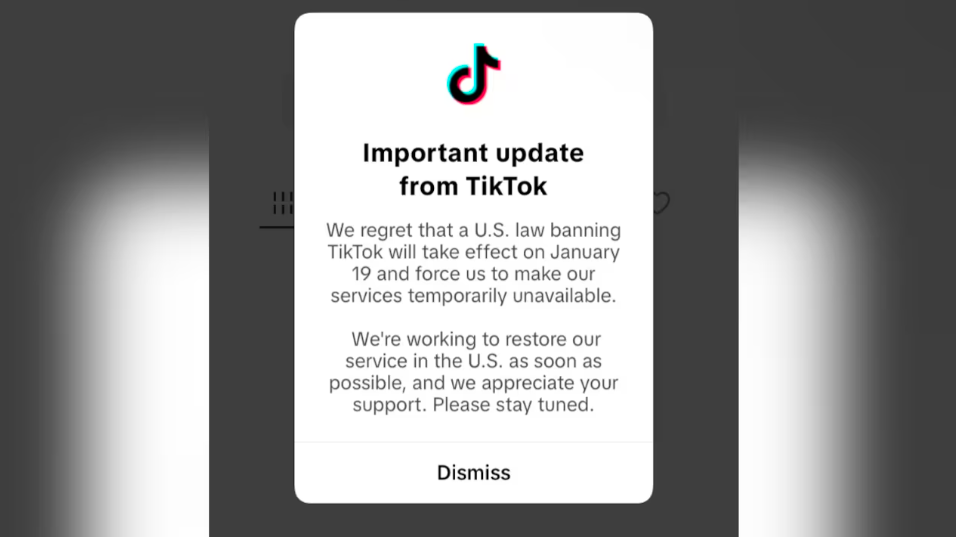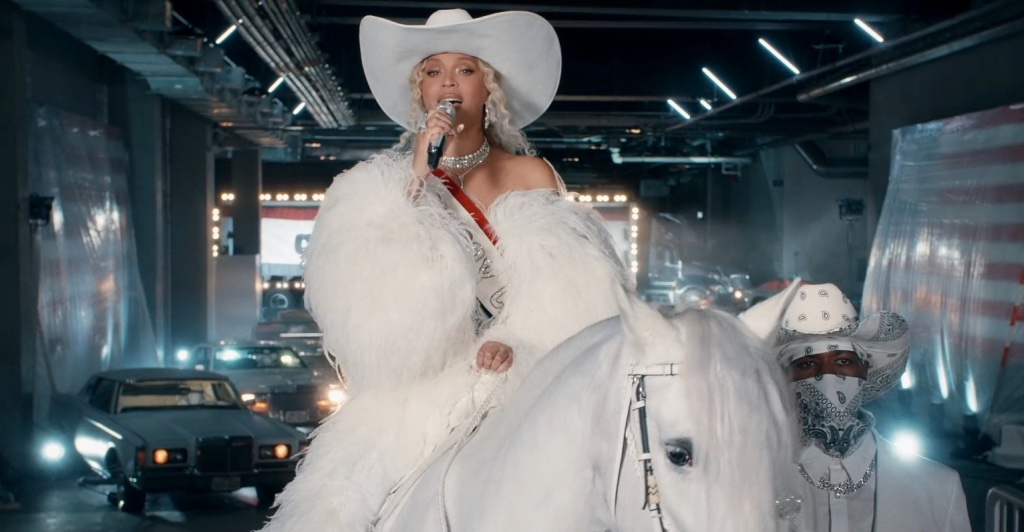The NLRB’s recent acknowledgement of Love is Blind stars as employees could lead to big changes in the industry. But could the reality TV genre have reached the heights it has without manipulating its contestants?
In a complaint issued last week, the National Labor Relations Board (NLRB) argued that contestants on Love Is Blind should be classified as employees after an investigation revealed that producers Delirium TV and Kinetic Content designated stars as ‘participants’ in its filings.
The complaint, which accused producers of unfair labor practices, was issued in response to several statements and lawsuits from former cast members alleging poor treatment and threats to their physical safety. The action has the potential to give rise to massive changes in the genre with the growing demand for unionization. Especially after it’s arguably found its success chiefly through capitalizing on the misery of contestants and stars. Needless to say, reality television’s roots are not exactly NLRB-compliant.
From the beginnings of the genre with The Real World in 1992, reality producers quickly discerned the beating heart of the emerging concept as drama. Pure, unbridled, sometimes repetitive drama that always served as an impetus for chaos in a faux-organic narrative. However, co-creator of “The Real World” Jon Murray maintains that the drama captured in the show was genuine and could be attributed to patience that isn’t typical for a concept.
“The Real World is one of the only shows out there that shoots for 16 weeks. And when you’re shooting for that long, stuff happens. Whereas, if you were trying to shoot it in five weeks, you’d have a really hard time getting enough material for 12 shows,” Murray said in an interview with Salon around the time of the show’s 18th anniversary.
This is contradicted, however, by various accounts of the casting and filming process. Across cast and crew members, those involved with the show speak to a high level of curation from producers. This ranges from four-hour long interviews for the alleged purpose of guiding cast members toward specific remarks to editing practices that have resulted in racist portrayals, according to some former cast members.
However, one element of Murray’s statements is indisputably true: while the formula could yield quality content from a reality show, it would take considerable time without greater external influence. Enter alcohol.
By the 2000s the industry as a whole had largely taken on a common strategy of balancing shorter filming schedules with higher returns on usable content. Soon, with the rise of VH1’s Celebreality programming block, Bravo’s reality lineup, and the continued mainstream success of The Bachelor, typical filming durations had largely shrunk to around eight weeks. And reality shows across subgenres very often provide unlimited free alcohol to their casts. Even so, emotional abuse and harassment have variably been even more common.
Notably dramatic moments in reality TV history – like Tyra Banks’ tirade against contestant Tiffany on Cycle 4 of America’s Next Top Model or Flavor Flav’s publicization of cast member Toastee’s brief porn career in Flavor of Love season one – are questionable at best and contradictory at worst in their accordance with labor regulations. Protections against a toxic workplace would likely be in place under unionization, especially on sets with casts of children like Dance Moms.
The concept of reality television requiring a high return on investment on shorter productions also mirrors a consistent dynamic across industries. The common pattern of poor labor practice could be crudely compared to the overloading of a train car or inconsistent/late-schedule parts evaluations. As manipulation, emotional abuse, and alcohol-consumption variably serve to minimize dead-air on footage, every moment is charged with more tension or less resistance to ensure greater value.
A hearing for the NLRB complaint is scheduled for April of next year. At which point, a judge will determine if a violation of labor law took place. Either party may appeal the verdict, which will have a tangible effect on reality TV regardless. That’s in the case that a settlement is not reached before the hearing.
However, even if unionization became a serious topic of discussion, the current model of most reality television series makes it a scant possibility. Casts are typically cycled between seasons, save for programs like Vanderpump Rules, The Kardashians, and Real Housewives. This is to say that established reality stars have much greater prospects in negotiations.
Variably, as Donald Trump’s presidency begins, the NLRB is expected to undergo serious change through oncoming appointments. Based on Trump’s previous picks for the board, the case could very well be dropped entirely.





